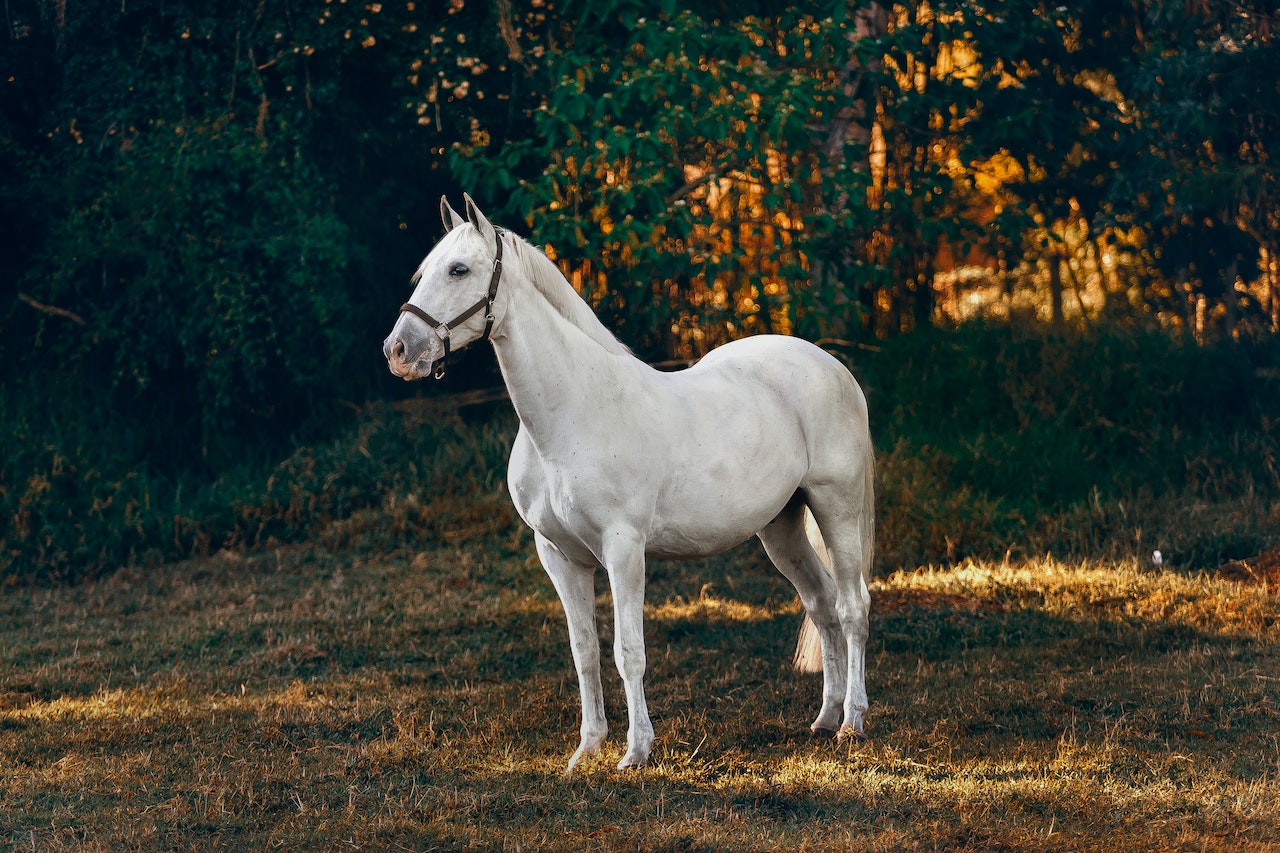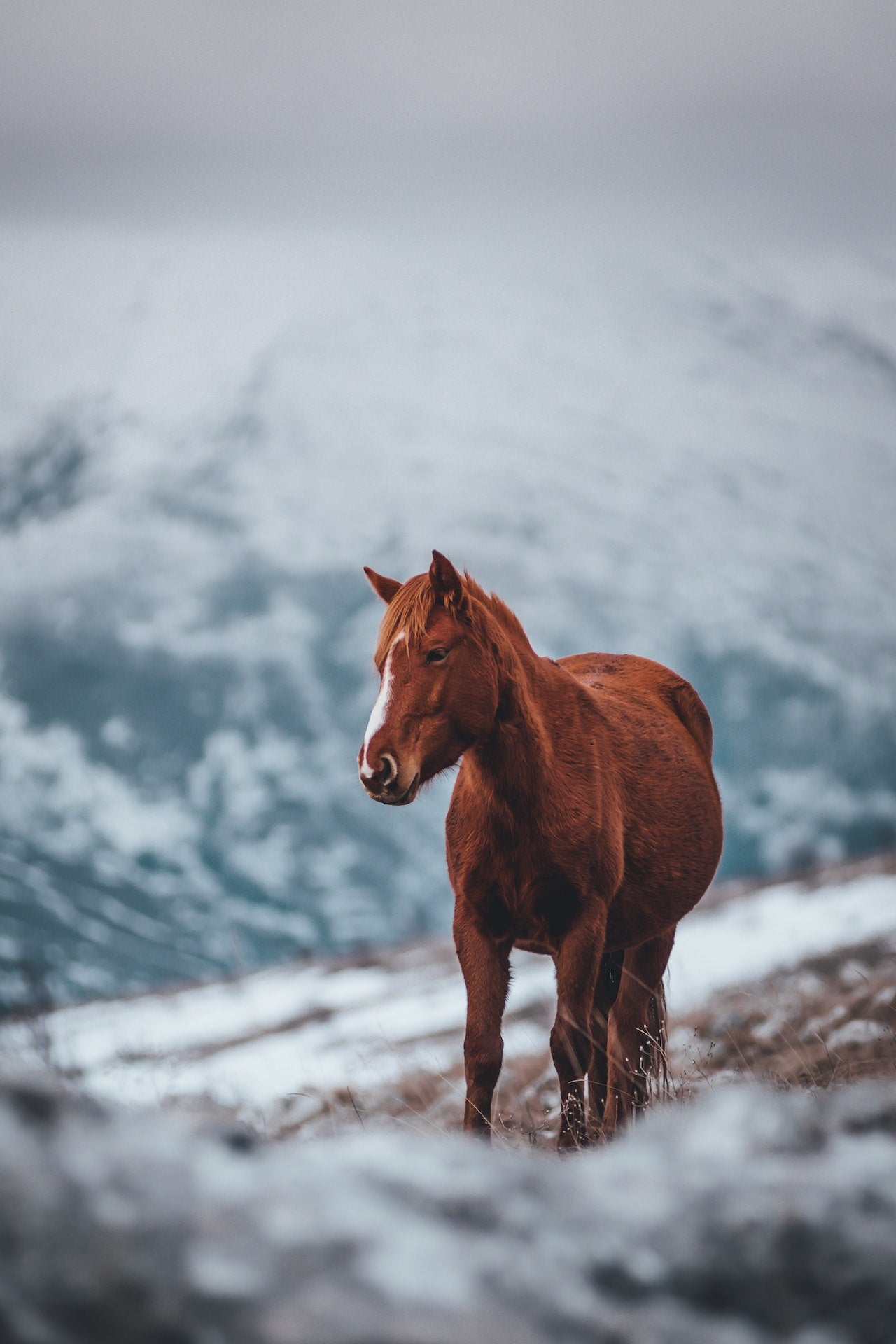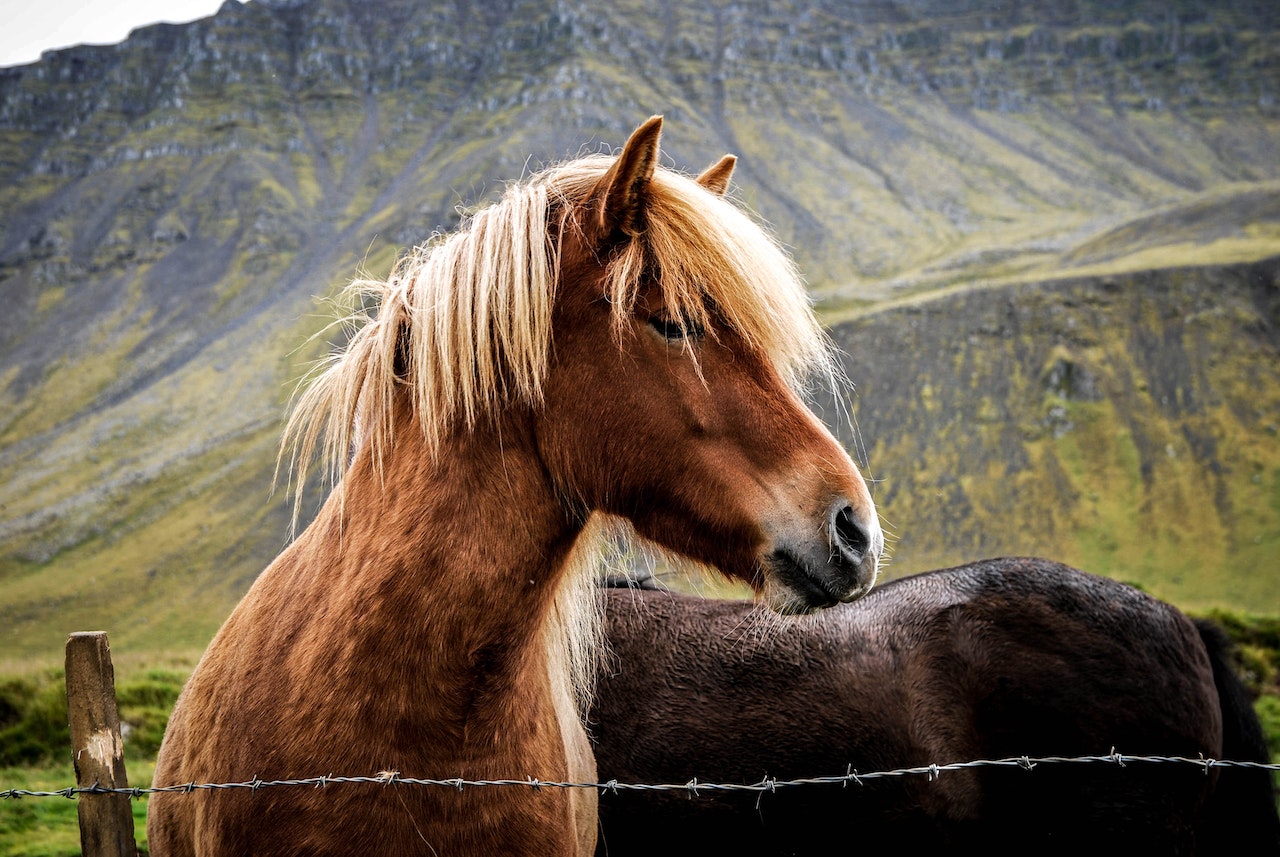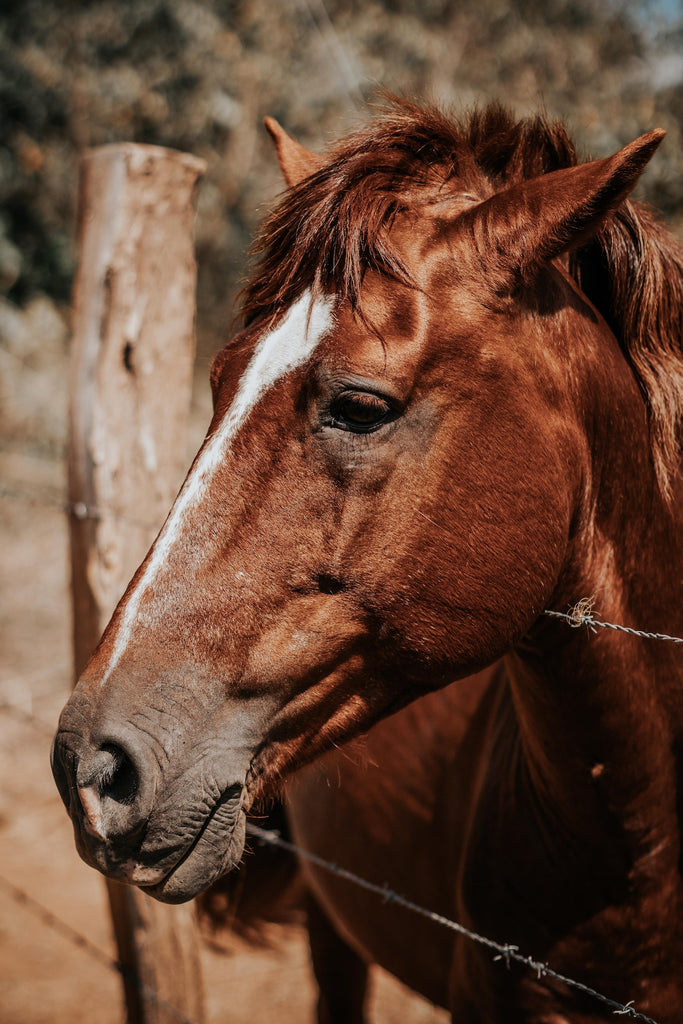
Acorns and Horses: Navigating the Nutritional Conundrum
To maintain a horse's general health and well-being, proper nourishment is essential. As conscientious equestrians, we make every effort to give our equine friends a healthy diet. While there are many other kinds of natural feed available, horses frequently show interest in acorns. These little nuts, which are dispersed beneath grand oak trees, might make for alluring snacks for our horsey pals. But before giving in to our horses' desires, it's important to be aware of the possible dangers and factors involved with feeding acorns.
This article delves into the intriguing connection between horses and acorns, examining the nutrient profile of these alluring nuts and how well they fit into the diet of horses. We go through safe intake recommendations, the impact of seasonal availability, and specific horse sensitivities. We also look at different foraging methods and the value of getting guidance from experts on a specific situation.
Join us on this learning adventure as we examine the nutritional dilemma of acorns and horses, equipping horse owners with the information necessary to make knowledgeable decisions on the diets of their equine friends.
Can Horses Eat Acorns?
Yes, horses can eat acorns, however, it is often not advised. Acorns shouldn't make up a large portion of a horse's diet, even if their flavour may draw horses to them. When ingested in high numbers, tannins and other ingredients found in acorns can be dangerous. Acorn consumption in excess can cause colic, digestive distress, and even possibly hazardous consequences.
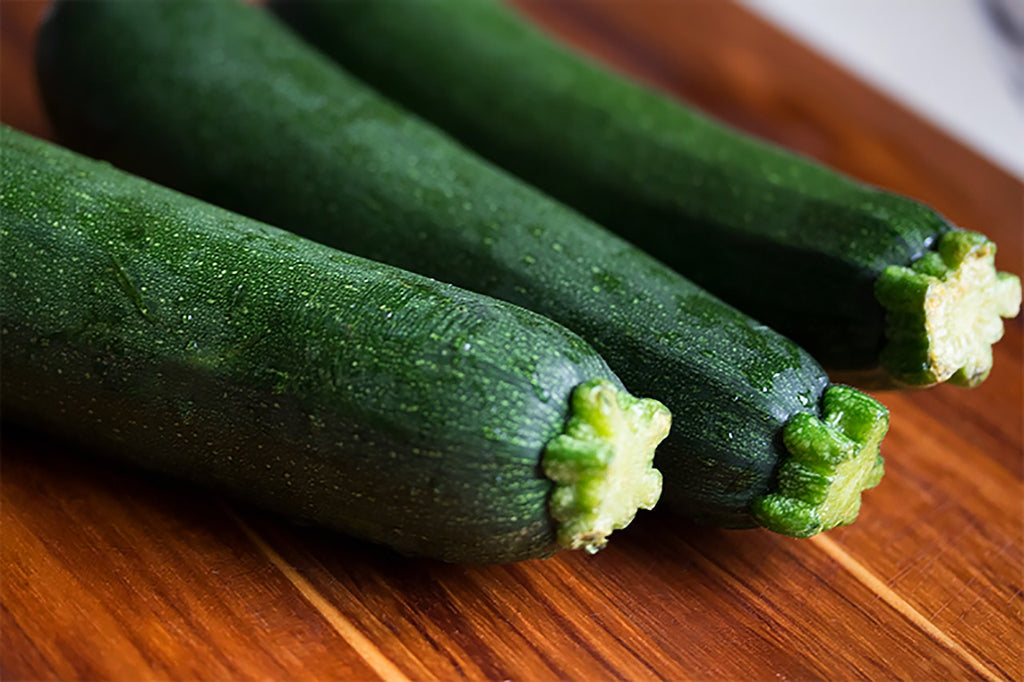
Acorns
Acorns are the nuts or seeds produced by oak trees, which are primarily found in temperate regions around the world. These small, oval-shaped nuts are typically encased in a hard outer shell, known as the acorn cup or cupule, which is usually covered in a cap-like structure called the acorn cap.
Acorns are the fruit of oak trees, at least in terms of their botanical makeup. They are nutrient-dense and an important source of food for many creatures, including squirrels, deer, birds, and occasionally even bears. Numerous important elements, including carbs, lipids, proteins, and minerals, may be found in acorns.
The fact that acorns are not usually a horse's main source of nutrition should be noted. Acorns may appeal to horses because of their flavour, but because of their high tannin content, they can be dangerous if eaten in big numbers.
Nutritional Composition of Acorns
Carbohydrates
Acorns contain a fair amount of carbs, mostly in the form of starch. Horses need carbohydrates for energy, making them a crucial component of their diet. However, consuming too many carbs might cause intestinal problems in horses.
Fats
A considerable quantity of fat, which is a concentrated source of energy, may be found in acorns. Horses benefit from fats, especially those engaged in high-performance exercises or needing more calories. An extremely fat-rich diet, however, has the potential to throw off the horse's total nutritional demands.
Proteins
Acorns do have a little amount of protein, although it's usually less than other feed sources like hay or grains. For muscle growth, tissue regeneration, and general growth in horses, protein is crucial. Protein intake may be insufficient and possible protein shortages may develop from relying entirely on acorns for protein.
Minerals
Calcium, phosphorus, potassium, magnesium, and other minerals can be found in acorns. Although these elements are crucial for the general well-being of horses, it's possible that the mineral balance in acorns isn't quite suited for their nutritional needs. To avoid shortages or imbalances, a well-rounded diet that offers a variety of minerals is essential.
Potential Risks of Feeding Acorns to Horses
Tannin Content
Acorns are rich in tannins, which are organic plant substances. Tannins obstruct nutritional absorption and digestion in the gastrointestinal system of horses. Colic, diarrhoea, or constipation are just a few of the digestive issues that might result from this interference.
Toxicity Concern
Acorns can occasionally poison horses, depending on the scenario. This happens more frequently when horses eat a lot of acorns or when the acorns come from specific types of oak trees. Depression, weakness, jaundice, and possibly renal damage are examples of toxicity symptoms. It's crucial to keep a careful eye on horses and seek medical help if poisoning is thought to be present.
Nutritional Imbalance
Acorns are a natural food source, however, they are unbalanced in terms of nutrients for horses. Although they include a lot of fat and carbs, they are deficient in protein as well as several vital vitamins and minerals. An overreliance on acorns as a dietary source might result in nutritional imbalances and deficits in horses.
Choking Hazard
Horses may choke on acorns, particularly ones with their caps still on. Horses may try to eat the acorns whole or may unintentionally inhale or swallow them, which might cause respiratory discomfort or blockage.
Alternatives and Safe Forage Options
Hay
An important source of food for horses is high-quality hay. It offers important nutrients, such as fibre, carbs, and a little amount of protein. As various hays, like timothy, orchard grass and lucerne, have different nutritional profiles, you may select the one that best suits your horse's needs and any unique health issues.
Pasture Grass
If one is available, a well-kept pasture with the right kinds of grass can offer horses a chance to graze naturally. In addition to providing a varied and nutrient-rich diet, pasture grazing encourages activity and cerebral stimulation in horses. To avoid overgrazing and guarantee the availability of nutrient-rich grasses, pasture management is crucial.
Beet Pulp
The fibre byproduct of sugar beetroot processing known as beetroot pulp may make a wonderful supplement to a horse's diet. It offers an excellent supply of fibre, is low in starch, and is very digestible. Before feeding, soak the beetroot pulp to prevent choking and make sure it is adequately hydrated.
Complete Feed
Complete feeds are manufactured in a commercial setting and include a balanced ratio of forage and concentrates. They are practical choices that guarantee horses get all the essential elements in their diet. However, it's crucial to pick high-quality foods and adhere to feeding recommendations.
Concluding Words
Acorns may naturally attract horses, but it's crucial to be aware of the dangers and issues that might arise if you feed them. It is advised to minimise or avoid giving acorns to your horse and to instead concentrate on providing a well-balanced diet to maintain their health and well-being. You can give your horse the finest care possible and promote their general health and lifespan by prioritising responsible feeding practises and making educated dietary decisions.

